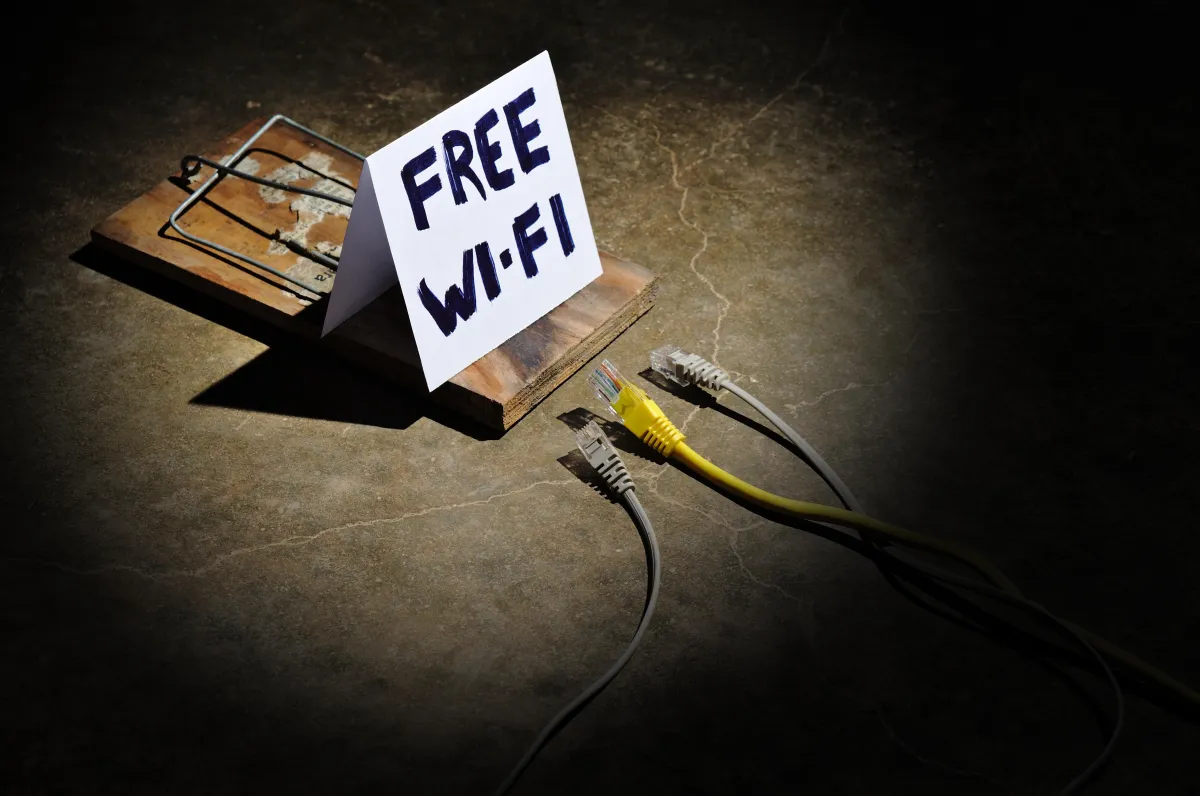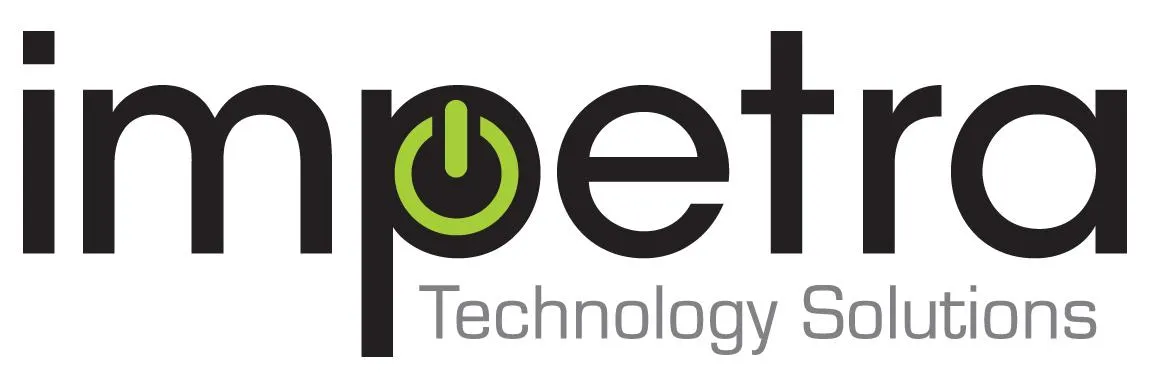Read Our Latest Blogs
Stay Up-to-Date on the Latest Cybersecurity Trends and Best Practices with Our Informative Blog Posts

Not So Free After All: The Hidden Costs of Public WiFi to Small Businesses
Remember the days when accessing internet resources was only available when you were at home or work? Even with the advent of the smartphone - data costs were so exorbitant that most of us avoided using them, to begin with, except for mission-critical needs.
Now, public wifi access is ubiquitous as users began to demand more access to the service. And with this growth, cyber thieves have found an attractive target. According to a Forbes article in February of this year, the majority (35%) of people access a public wifi service 3 or 4 times a month, and 23% of those do so to cut down on cellular data. What’s more, 20% of people report using public wifi to access financial records or perform financial transactions, and 4 out of 10 people report having had their information compromised as a result of using public wifi.
While we can’t deny that dangers exist when using a freely available public wifi service, here are 8 ways cybercriminals take advantage of public wifi:
1. Spreading malware
2. Snooping for private data
3. Stealing passwords
4. Hijacking your Internet session
5. Ransomware attacks
6. Stealing your identity with online victim profiling
7. Stealing your online accounts
8. Compromising your email services, both personal and professional
So what can I do?
To start, and the most obvious suggestion, is to avoid using public Wi-Fi, especially when accessing private and personally identifiable data. Beyond that, if public Wi-Fi is your only option and you can’t wait, here are a few things you can do to help reduce your risk.
1. Before leaving your secured Wi-Fi access, perform a security check. Check to make sure there are no unknown applications on your devices and check data usage for any anomalies.
2. Turn off file sharing or airdrop. While these can be helpful in many cases, it makes it way too easy for hackers to drop malware into your devices.
3. Double check which network you are connected to in order to ensure you are connected to the one you believe you should be.
4. Look for the lock icon on any site you vist to ensure it is a secure site.
5. Tether your device to your mobile data if at all possible. If it is not, setting up a secure VPN can be another layer of protection when nothing else is available


